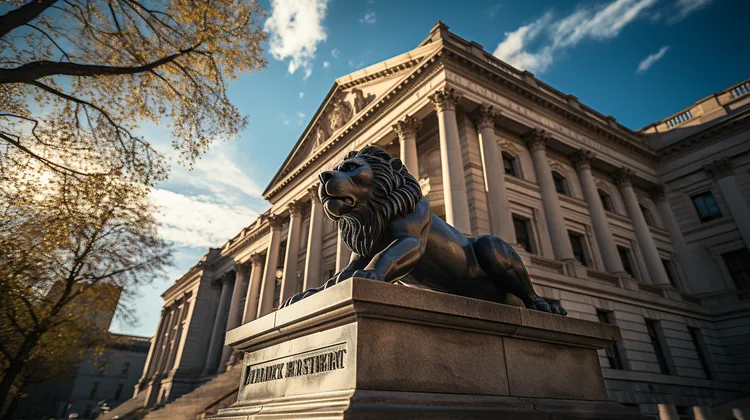
Time for Change: Breaking Free from Banks and Centralized Exchanges
In today’s digital age, where information flows freely and decentralization is gaining traction, many individuals are starting to question the monopolistic hold of banks and centralized exchanges over our financial systems. The frustrations surrounding these centralized entities have given rise to a growing demand for alternative solutions that put the power back into the hands of the people. It’s time for a change.
One of the primary frustrations with traditional banking is the lack of control individuals have over their funds. Banks can freeze accounts, impose restrictions, and delay transactions at their discretion, leaving users feeling at the mercy of these institutions. This lack of autonomy goes against the core principles of financial independence and personal freedom.
Centralized exchanges, on the other hand, have had their fair share of issues as well. Hacks, security breaches, and internal manipulation have resulted in the loss of billions of dollars worth of cryptocurrencies. These exchanges often require extensive verification processes and charge high fees for transactions, putting unnecessary burdens on their users.
Decentralized finance (DeFi) has emerged as an alternative to traditional banking and centralized exchanges, promising a new era of financial freedom and control. DeFi is built on blockchain technology, which eliminates the need for intermediaries and allows for peer-to-peer transactions. This decentralized nature ensures that users have direct control over their funds and can make transactions without the need for approval from centralized authorities.
With DeFi, anyone with an internet connection can access financial services and participate in the global economy. No longer are individuals restricted by geographic boundaries or dependent on the approval of banks. This inclusive and borderless nature of DeFi has the potential to empower the billions of unbanked individuals worldwide, giving them the tools they need to break free from poverty and exclusion.
DeFi also offers a wide range of financial services, including lending, borrowing, savings, and investments. These services are often available at significantly lower fees compared to traditional banking, making them more accessible to the masses. The transparent nature of blockchain technology ensures that all transactions are recorded and can be audited, reducing the likelihood of fraud or manipulation.
While DeFi has its advantages, it is not without its challenges. The sector is still relatively young, and as with any emerging technology, there are risks involved. Smart contract vulnerabilities, regulatory uncertainties, and scalability limitations are some of the obstacles that need to be addressed to ensure the continued growth and success of DeFi.
The potential for a decentralized financial system is too significant to ignore. The global financial crisis of 2008 was a wake-up call for many, and the flaws of the centralized system became apparent. The popularity of cryptocurrencies like Bitcoin further highlighted the demand for alternative financial systems that prioritize individual control, security, and transparency.
As the world becomes increasingly interconnected, it is becoming apparent that the centralized financial system is not equipped to adapt to the needs and desires of the modern world. The time has come for individuals to take back control of their finances and embrace the possibilities offered by decentralized finance. The power to transact, invest, and build wealth should be in the hands of the people, not concentrated in the hands of a few centralized institutions.
So, if you’re fed up with banks and centralized exchanges, it’s time to explore the world of DeFi. Embrace the potential for financial sovereignty and become part of a movement that aims to redefine the global financial landscape. The power for change lies with each one of us. Let’s seize it and shape a financial system that works for all.
7 thoughts on “Time for Change: Breaking Free from Banks and Centralized Exchanges”
Leave a Reply
You must be logged in to post a comment.
Together, we can build a financial system that is inclusive, accessible, and fair for everyone. Let’s do this!
The argument for DeFi just seems too idealistic and utopian. I don’t think it can realistically replace the current financial system.
DeFi may offer some benefits, but it’s not worth the potential risks and uncertainties. I’ll stick with traditional banking for now.
Saving, investing, and borrowing made easier for the masses? That’s the promise of .
Ready to say goodbye to middlemen and hello to direct control over our funds? is the way to go!
No more worries about freezing accounts or delays in transactions! gives us the autonomy we deserve.
Who needs DeFi when I have the convenience and reliability of my bank? This article fails to convince me otherwise.